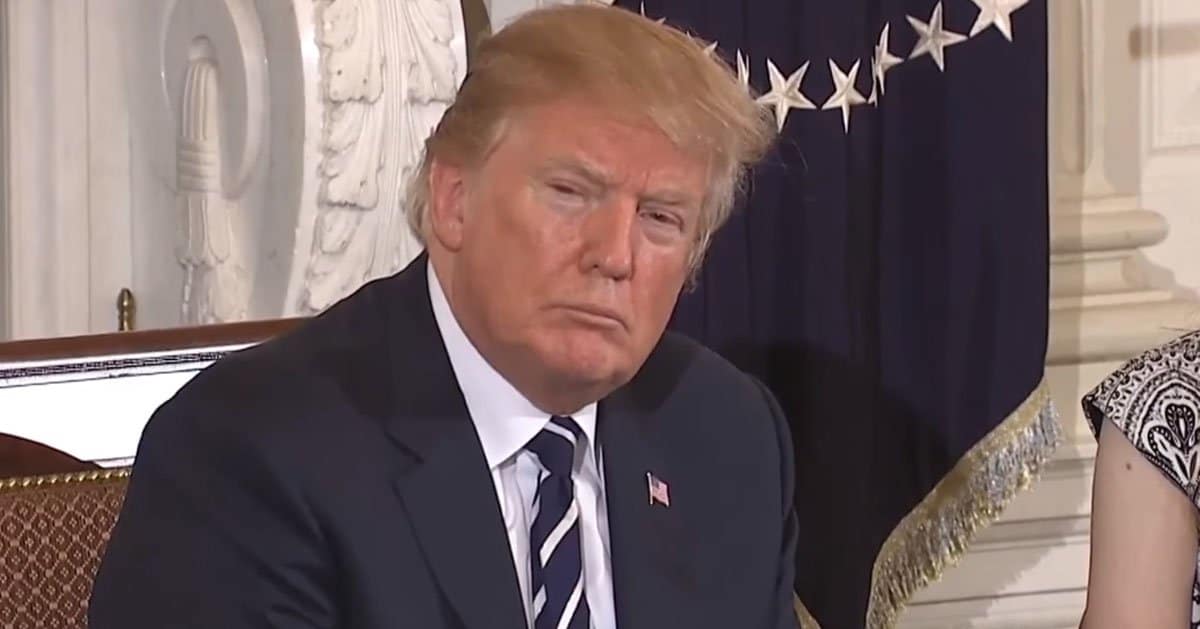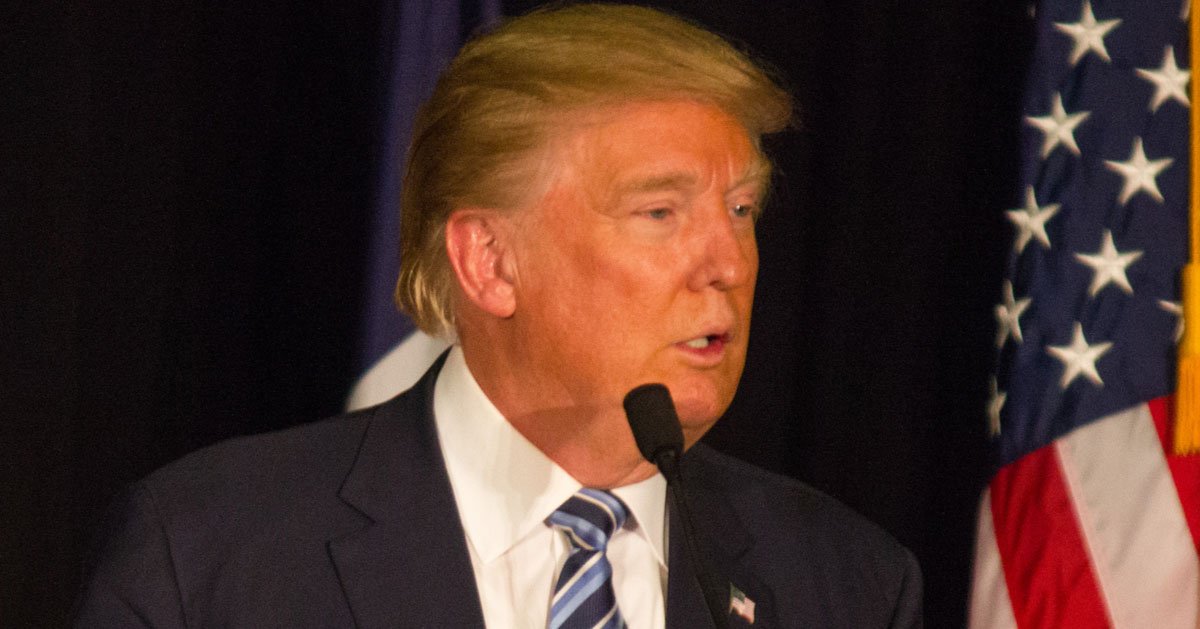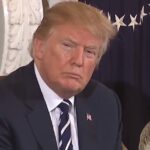








President Donald Trump has set off a storm of controversy by revoking security clearances and access to federal facilities for numerous former and current federal and state officials.
The Daily Caller reported that the bold measure follows a pattern of disputes and allegations involving Trump and these officials, adding a layer of complexity to ongoing political tensions.
Trump's decision to revoke these privileges was reported by the New York Post, adding to a series of recent actions seemingly aimed at critics and opponents. This development affects a range of officials, including some with high-profile roles in past events surrounding the former president.
Notably, former Secretary of State Anthony Blinken and New York Attorney General Letitia James are among those impacted.
President Trump's decision comes on the heels of a similar move to strip former President Joe Biden of his security clearance and cease his routine intelligence briefings. Trump cited concerns of "reciprocity and cognitive decline" to justify the action against Biden. This wave of measures has raised eyebrows and questions about its motivation.
Among the affected, Anthony Blinken has been accused of influencing a letter implying that the story of Hunter Biden's laptop was Russian disinformation. The former Secretary of State's efforts on this matter likely contributed to his inclusion in the list.
Another notable official, Manhattan District Attorney Alvin Bragg, previously indicted and convicted Trump in 2024 on charges related to falsifying business records.
James, who has been a vocal critic of Trump, successfully pursued a civil case against Trump over the alleged inflation of his net worth.
Her ongoing legal actions to halt unauthorized federal funding related to sensitive information access have earned her a temporary restraining order against a freeze. The implications of revoking security clearance for James and Bragg, largely symbolic, are seen as a hindrance to their official duties in federal locations.
The list of individuals facing revoked access includes Jake Sullivan, Biden’s former National Security Advisor, and Mark Zaid, who represented the whistleblower in the impeachment inquiry against Trump. Sullivan, who was previously involved in spreading a debunked rumor of Trump’s ties with a Russian bank, finds himself significantly impacted by the latest measures.
Lisa Monaco, Biden’s Deputy Attorney General, played a pivotal part in coordinating prosecutions related to the January 6 Capitol assault.
Her efforts, though lauded by some, placed her within the bounds of Trump's latest directive. Meanwhile, Andrew Weissman, notable for his leadership in Mueller's investigation into alleged election collusion between Trump and Russia, has also seen his security privileges curtailed.
Norm Eisen, serving as special counsel to the House Judiciary Committee during Trump's impeachment, finds his access similarly limited.
The lawyer argued against Trump on key issues, marking him as another target of these revocations. The breadth of Trump's action across various domains presents a challenge to the operations and activities of these officials.
Trump did not mince words regarding Blinken's security clearance, explicitly instructing the removal of his access and passes.
He emphasized the goal of stripping officials "of every right they have," emphasizing their exclusion from federal building access. These stark comments underscore the tensions that have long defined Trump's interactions with these officials.
While the revocations are primarily symbolic, their implications in terms of practical impediments are notable.
The action raises questions about how these officials will engage with federal processes moving forward. Critics argue it may be a tool to cripple efforts in cases that do not favor Trump or his allies.



